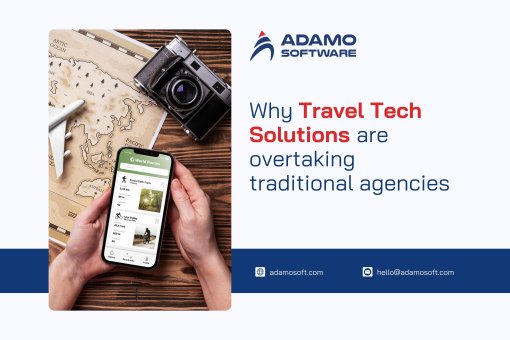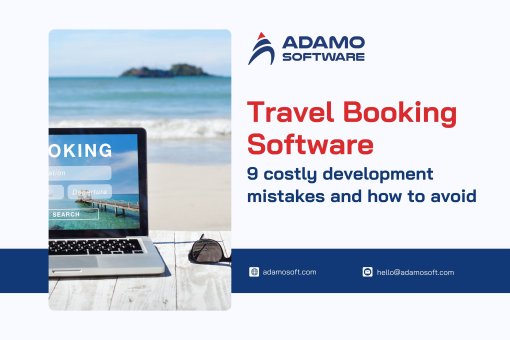Challenges for the hospitality industry: solution and opportunities (Update for 2023)
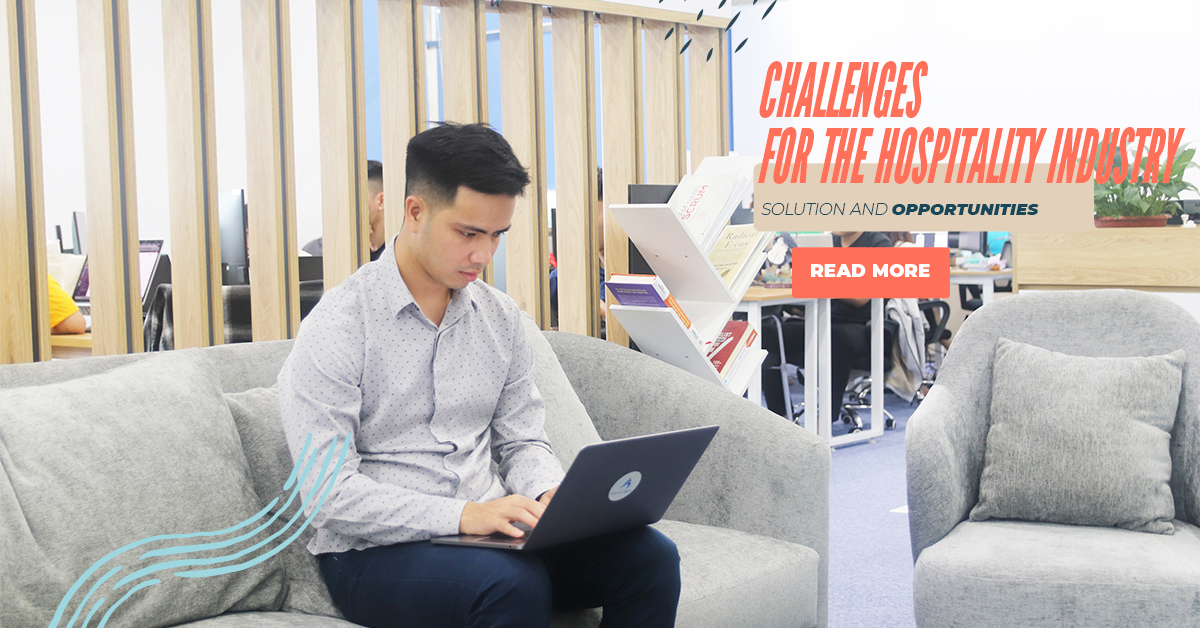
Instead of the last glory period, 2020 time claimed to be the hardest-hit challenges for hospitality industry since social distancing keeps people at home.
Opposite with many predictions regarding the impact of COVID19, until early 2021, the travel and hospitality sector tend to be under-recovery. Due to the undeviatingly serious disturb from the increasing infection, many countries have decided to extend the lockdown period. Whereby irrelevant or private crowd activities will not be allowed to deter the infection.
Restaurants, tours, pubs, bars, and any other hospitality businesses have been restricted in performances. It led to severe loss to travel and hospitality companies. In fact, challenges for hospitality industry are existing at any time. Unfortunately, this year made it more seriously that force companies to adapt to the new business condition by leveraging technology. The predicament accelerates the digitalization evolution in hospitality software development services.
Understanding challenges for hospitality industry
Due to the pandemic, the travel and tourism sector were believed to suffer an unexpected hit, which steals billions of dollars in the travel market. At this time, most travel and hospitality companies were facing huge losses each day, leading to losing works of hospitality software development services.
It is a paradox that companies understand that they need an accelerating digitalization process to survive, but they do not have money to invest. Accordingly, the collapse from parts of the market tends to cause a domino effect, which destroys the remaining. At the end of the days, economic depression is inevitable, inducing more challenges for hospitality industry.
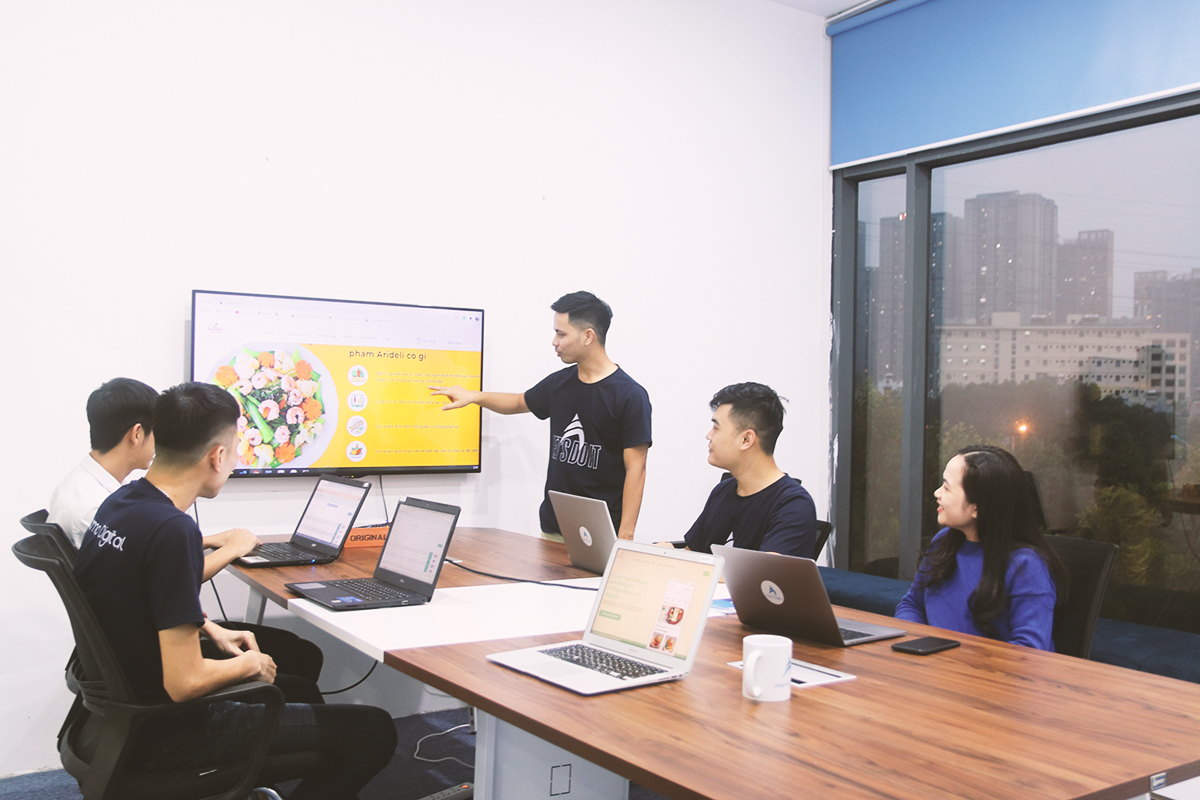
Challenges for hospitality industry by number
In 12 months from the outbreak of the Coronavirus, the world has lost roundly US$ 500 billion, according to The World Tourism Organization. In which, The US and EU refer to the two areas suffering the most painful attack. Expressly, those countries, of which the majority parts of GDP came from visitors and travel activities, are facing a series of current issues in the hospitality industry that could destroy the market.
France, one of the most painful victims of COVID19 has to lose approximately US$ 15 billion each month. Besides, the unemployment rate in the hospitality industry reached a peak this year. In 2018, Europe was believed as the most charming tourist attraction. In which it got roundly 670 million tourists. Unfortunately, in 2020, the volume of visitors traveling to Europe dropped by 85%
On the other hand, reports claimed that only 25% of customers were willing to eat-in in restaurants in 2020 due to the doubt of infection. Additionally, around 18% of visitors were comfortable staying at a hotel during their trips when COVID19 spreading.
The fear of COVID 19 led to changing customer behavior that they are more reliant on technology to avoid direct contact. In practice, over 60% of dinners used on-demand food delivery services and digital menus instead of visiting restaurants last year. Roundly 70% of customers in the hospitality industry confessed that they prefer using keyless entry and touchless elevators to access the hotel.
Objective factors causing challenges for hospitality industry
_ Hospitality management: Since the service businesses have witnessed the fastest adjustment frequently due to the change in customers’ preference, hospitality workers were expected to train and learn regularly. Accordingly, business leaders commonly get struggling with management challenges in hospitality industry. Expressly, in 2020, companies had to deal with the shock by COVID19 that several past experiences were no longer suitable in that business condition. Companies should concern the flexible shifts or other unexpected changes in working mode from regulation sectors, which induce a notable amount of costs in the up-to-date management system.
_ Digitalization: The technology evolution in this decade suggested that companies need a digital transformation in products and services to prevent lagging behind. In terms of trip planning, the born of travel OTAs gave a significant change in customer behavior. Additionally, the sharing economy gave users more power to review services or experiences. These days, almost all marketing, advertising, and PR are performing online, that digital has become mandatory for every business owner.
_ Local travel: When international travel has locked due to COVID 19 in 2020, local travel tends to be the morning start keeping travel and hospitality business survive. In the long-term, governments and regulations sector would expectedly support local travel instead of trips abroad due to its sustainable benefit for the domestic economy and deterring the adverse impact of uncertainties.
_ Business travel: In the past, travel for business purposes focused on contributing a significant share in the global travel industry revenue. Accordingly, several hospitality services have focused on serving business trips with customizing construction. Unfortunately, many current predictions claim that business travel will be no longer a beneficiary of the travel and hospitality industry. Currently, virtual business trips would change the way companies behave. Hence, travel and tourism companies have to be ready for the rise of leisure travel, which requires service adjustment to adapt to the change.
Current issues in hospitality industry: Solution included
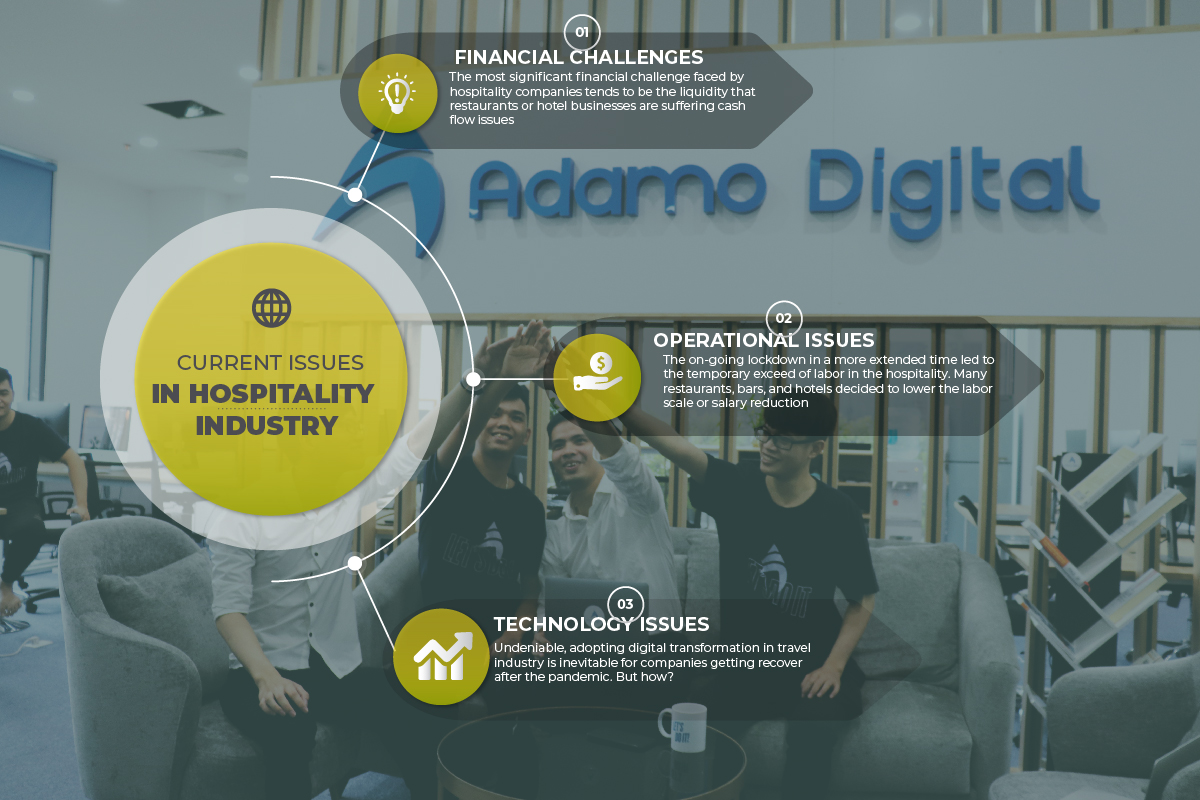
In the past, when leisure purposes did not restrict by public health concern, the challenges for hospitality industry were moderately different than these days’ conditions. At that time, hospitality services only focus on improving customer experiences related to staff training and place decoration, which supported meeting purpose. From 2021 forward, hospitality industry seems to be significant changes and face with more challenges:
1. Financial challenges faced by hospitality industry
Challenge
The most significant financial challenge faced by hospitality companies tends to be the liquidity that restaurants or hotel businesses are suffering cash flow issues. The challenge of managing business uncertainties deter owners from accurately forecast the new investment needed to grow in the next economic time.
The business uncertainties seemingly came from the rapid change in the regulation sector. In which lockdown or restriction orders could be imposed immediately without preparation. In fact, many experts suggest that company owners in the hospitality industry should reduce cash requirements in operation to keeping their financial balance.
On the other hand, the muted demand for travel and hospitality currently results in an increase in debt obligation. In practice, hotels, bars, and restaurants are predicted to be adversely influenced by social distancing orders, which create the need for restructuring. It forces companies to enter early negotiation in searching for a constructive solution.
Along with the challenges among businesses, companies seemingly should change the financial plan for 2023 and the next five years due to expected assistant policies from regulation sectors. Expressly, the government effort of economic recovery would end up with temporary tax relief and financial support packages. Once hospitality companies take advantage of those assistants, they would enjoy rapid growth by cutting down notable costs and regulated documents.
Solution
Maintaining a constant inventory count, controlling stock levels, and minimizing wastage would be a visible solution to this problem. Consider implementing effective cost-cutting measures at your property, which would assist you in managing mounting expenses.
Consider changing vendors and suppliers if payment terms are extended. Or negotiate with them to collect payments in installments rather than all at once. This will allow your boat to sail for an extended period of time. In addition, you can implement an online marketing campaign to attract bookings, as these strategies offer a rapid return on investment.
Thus, you save money on employing additional staff for payment collection and are able to pay your bills promptly. You have a substantial cash reserve for working capital. And that is the most effective response to such hotel industry challenges.
2. Operational issues for hospitality industry
Challenge
The on-going lockdown in a more extended time led to the temporary exceed of labor in the hospitality. Many restaurants, bars, and hotels decided to lower the labor scale or salary reduction. Strategy induced series of current issues in hospitality industry in operation, although it would immediately solve some financial difficulties.
Changing company structure means that company leaders should consider team management. When the market recovers, the past scale-down decision would result in a labor shortage in the future that companies will lose staff loyalty. Hence, the operational issues will cause a decrease in ROI.
Solution
An integrated hotel PMS system is associated with front office issues and solutions in addition to operations. The sooner you employ it, the better for your property it will be. A PMS automates your operations and synchronizes department functions because it greatly facilitates communications.
3. Change in marketing dynamics
Challenge
Marketing is one of the most prevalent obstacles the hospitality industry faces.
Changing advertising and marketing trends frequently present difficulties for hoteliers. In addition, traditional marketing methods are no longer very effective. Consequently, one of the greatest obstacles in the hospitality industry for those who have always adhered to traditional methods is determining the proper approach.
Online marketing is a reliable strategy, but it would take hotel proprietors years to establish their strength. Genuine customers reserve online deals, and significant transactions are paid in advance.
Solution
Engaging your guests on social media, messaging apps, and other online platforms can work marvels and yield results within a few months. In the hospitality industry, implementing effective digital marketing strategies is a powerful solution to these problems. Be consistent and patient in your application of all tactics. It is inevitable that if the proper strategies are employed.
4. Alterations in customer expectations
Challenge
Changing visitor expectations is one of the hospitality industry’s greatest obstacles. You’ve observed that modern hotel clients have much higher expectations. Whether it’s complimentary WiFi, an entertainment system, a distinct stay experience, or speedy check-in and check-out services.
People have also begun to expect contactless hotel services to ensure their safety and reduce their reliance on hotel staff. Certainly, it is quite difficult to meet these requirements due to limited resource or capital capacity, but it will be necessary to do so.
Solution
Therefore, contactless hotel services are possible with the appropriate technology. Consider deploying a self-service visitor portal that will expedite check-in and check-out, share your property’s location, and allow guests to request pick-up and drop-off services. Keep abreast of the most recent hotel industry trends. This will help you better satisfy the evolving expectations of your guests.
5. Technology issues in hospitality industry
Challenge
Undeniable, adopting digital transformation in travel industry is inevitable for companies getting recover after the pandemic. But how? In fact, when accelerating the technological upgrade plan, companies do suffer the most troublesome issues, including vendor searching, software development, and project management.
AR (Augmented reality) and VR (virtual reality) technology are believed to take a further step to be mature. But companies are forced to enhance customer journeys by gradually leveraging those technologies. The end-to-end services in the hospitality industry do not start when customers travel to the property. It began earlier. The emerge of AR and VR needs for customers planning their trips. For instance, comprehensive personation in the hotel reservation suggests that customers customize their room by AR. Besides, it offers an option of VR entertainment on board.
Unfortunately, with the limitation of innovation, only a few businesses have certainly done it. Despite the dramatic evolution of technology last decade, it tends to bot adequate. The hospitality industry needs more and speedy technology innovation.
Solution
As a software development company, we have done several software outsourcing projects in the hospitality industry to end up with a list of trending technology that needs to be more developed:
_ Automation in check-in process by face recognition
_ Voice-control and virtual assistance in hotel rooms
_ Robot assistants for check-in
_ Touch-free hotel keys
_ Hotel room customization follow the unique guest preference
Final thought: taking challenges for hospitality industry into consideration, the savior is technology. To survive and grow, companies should make significant changes in plans and strategies to adapt to the novel market condition after the pandemic ended.






